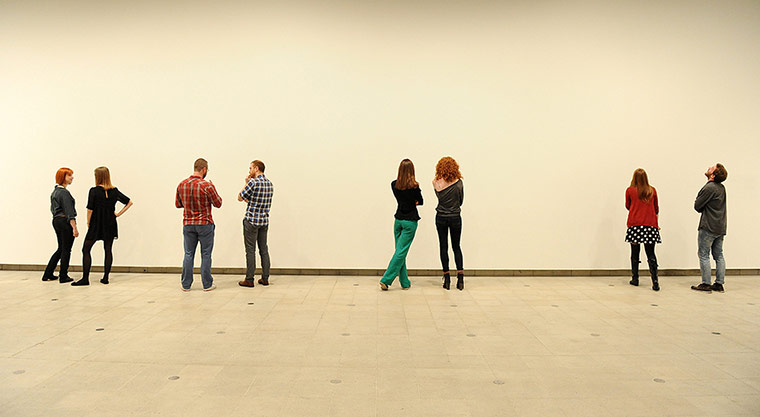We call a story good because of what is written, not who wrote it. But sometimes people invert the relationship—i.e., we believe a story must be good because a particular name is attached to it.
In “A Legend in His Own Mind” (The New Yorker, Dec. 22 & 29, 1997, pp. 54-65), John Walsh reports an exchange between editor Mike Petty and novelist James Thackara: “Once, Petty recalls, he queried a piece of dialogue. ‘Look,’ I said. ‘You can’t say this. It’s bad dialogue. It’s bad art.’ Thackara said, ‘Faulkner could do that,’ and I said, ‘But, James, you’re not Faulkner.'”
So Thackara wasn’t Faulkner, but who was Faulkner? How did Faulkner know he was Faulkner—i.e., how did he know it was acceptable for him to do the things Petty called bad dialogue and bad art?—and how did others recognize his Faulkner-hood? And when Faulkner did whatever it was Petty was accusing Thackara of doing, how did readers know to call it good, and how do they know to call it bad when done by Thackara?


